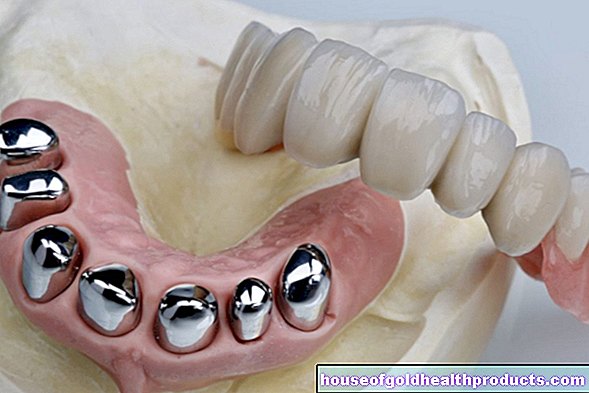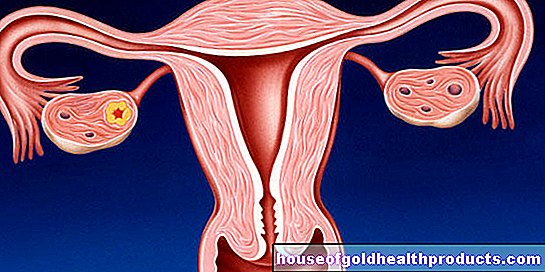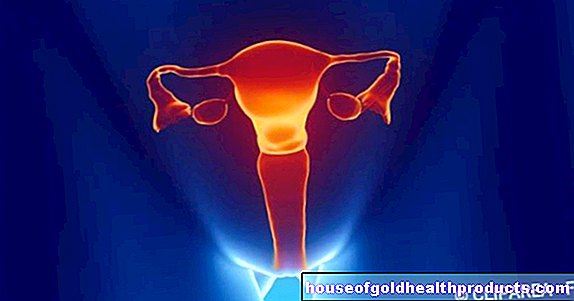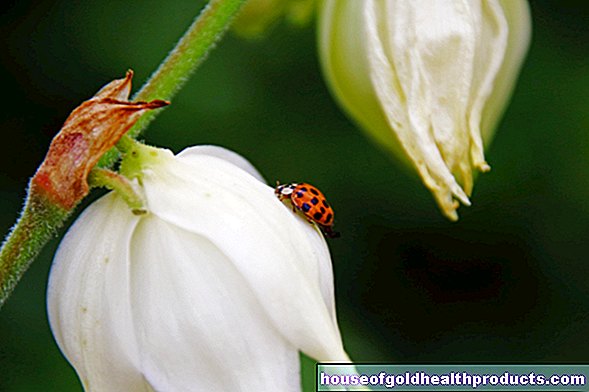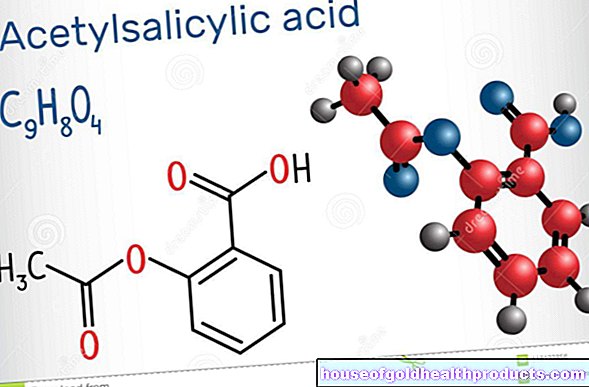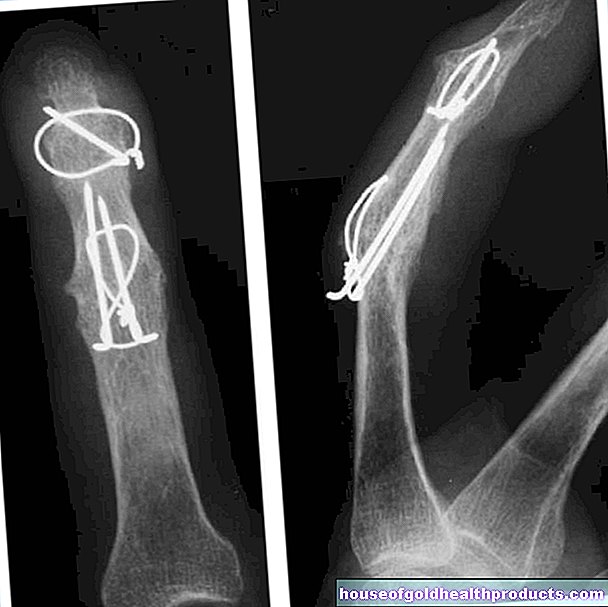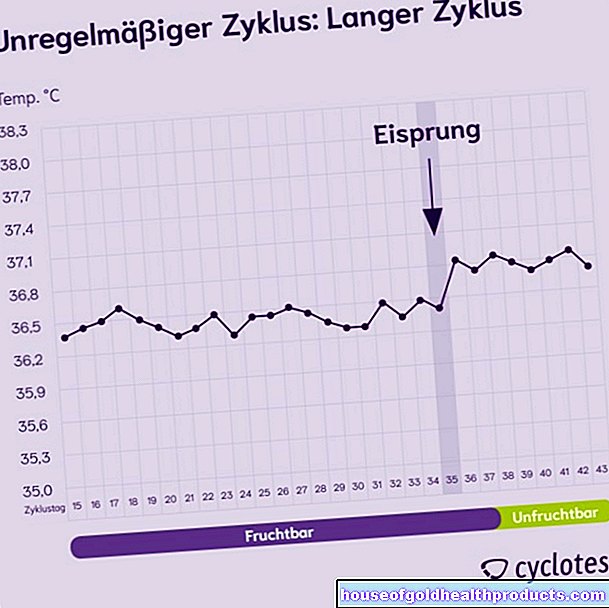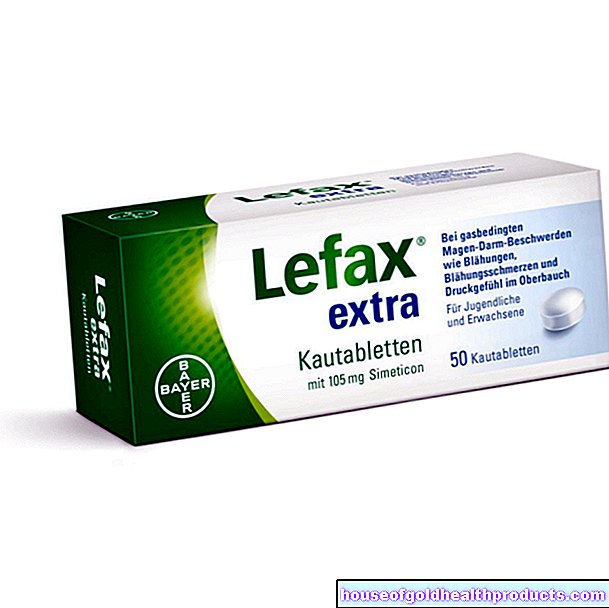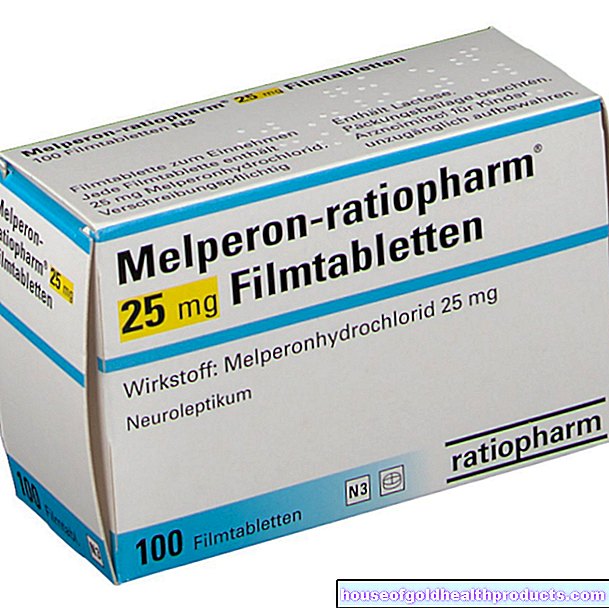Healthy team: fiber and microbes
All content is checked by medical journalists.Dietary fiber provides food for some intestinal bacteria. These produce certain fatty acids from it. People benefit enormously from this: They protect against a whole range of diseases.
Dietary fiber is an indigestible part of plants. To a large extent, they are made up of cellulose, which is used to make plant cell walls. The term “ballast”, however, is misleading because it is by no means useless ballast.
Key role for short-chain fatty acids
Because some intestinal bacteria metabolize the plant fibers into short-chain fatty acids. And these, in turn, are real all-rounders in terms of health: They reduce inflammatory reactions in the body, play a role in regulating blood sugar levels and a variety of other metabolic processes. In doing so, they reduce the risk of diabetes and cardiovascular diseases, but also of various types of cancer. They develop their protective effect directly in the intestine and thus reduce the risk of inflammatory bowel diseases.
Mediterranean diet
Italian researchers have now investigated which diet boosts the production of short-chain fatty acids. They compared how a plant-rich diet affects the intestinal flora and thus the production of valuable short-chain fatty acids.
In total, they examined 153 people, a third of whom ate a vegetarian, vegan or meat inclusive diet. 88 percent of the vegans ate predominantly Mediterranean, as did 65 percent of the vegetarians and at least 30 percent of the participants who also ate meat. A classic Mediterranean diet consists mainly of large amounts of fruits, legumes and other vegetables, nuts, grains and olive oil. In addition, there are moderate amounts of fish and regular but moderate alcohol consumption. Saturated fatty acids, red meat and dairy products are rarely eaten.
In the study, diet had a significant influence on the composition of the intestinal flora and thus also on the amount of short-chain fatty acids produced. Overall, the vegetarian and vegan participants had larger amounts of protective fatty acids available. But even in mixed eaters who followed a Mediterranean diet, larger amounts of short-chain fatty acids could be detected in the intestines. So you should hope to be spared from various diseases sooner than the less plant-rich eaters.
Gut flora: Influential tiny creatures
In the womb, the intestines of children are still free of intestinal germs. But the first microbes settle in during the birth process. Depending on the genetic requirements, the contact with germs in the first years of life, but also the diet, a very different intestinal flora develops. It contains more bacteria than the human body has cells. It is now associated with more and more health aspects - from the immune system to body weight to complex disease processes and even psychological factors. (cf)
Sources:
Francesca De Filippis et al: High-level adherence to a Mediterranean diet beneficially impacts the gut microbiota and associated metabolome, Gut, September 28, 2015; doi: 10.1136 / gutjnl-2015-309957
Gijs den Beste et al .: The role of short-chain fatty acids in the interplay between diet, gut microbiota, and host energy metabolism, J Lipid Res. 2013 Sep; 54: 2325-2340, doi: 10.1194 / jlr.R036012
Tags: diet anatomy sex partnership

